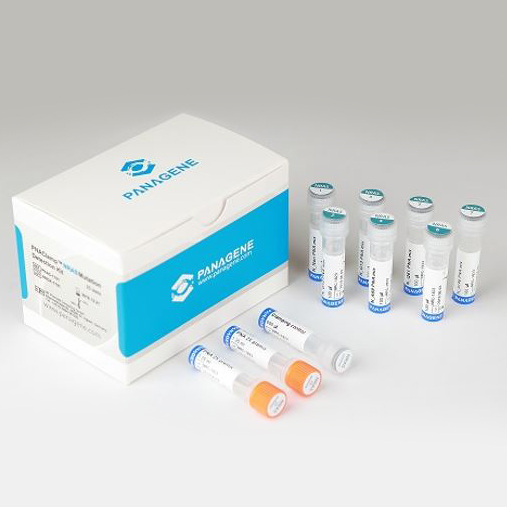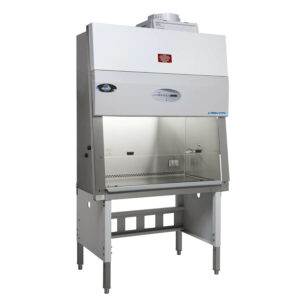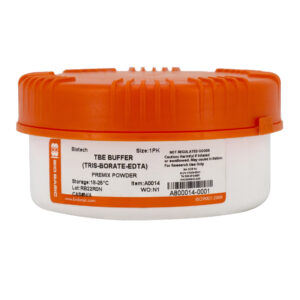Lung cancer is classified into two types; non-small cell lung cancer (NSCLC) with a frequency of 80 ~ 85% and small cell lung cancer with a frequency of 15 ~ 20%. The epidermal growth factor receptor (EGFR) is expressed on the surface of epidermal cells and has tyrosine kinase activity. EGFR overexpression is found only in NSCLC and can lead to a signal transduction system in cells by causing cell proliferation, tumor-induced neoangiogenesis (formation of new blood vessels) and induction of transition. The EGFR tyrosine kinase inhibitor (TKI), gefinitib (Iressa, AstraZenca) or erlotinib (Tarceba, Roche), is effective in inhibiting cancer cell growth and causes cancer cell death and suppression of new blood vessels in lung cancer tissue. Especially, some specific mutations in the ATP-binding domain of the EGFR gene have a strong positive correlation with the response rate of EGFR-TKI. In addition, NSCLC patients with EGFR mutations are reported to be more effective for EGFR-TKI and show a prolonged survival rate of lung cancer patients. Therefore, EGFR mutation detection is becoming an important prognostic biomarker for drug response, and efficient EGFR mutation detection is expected to be very useful in increasing the survival rate of lung cancer patients on targeted therapy.
PNAClamp™ Mutation Detection Kit EGFR (ver.2)
SKU
Pcto-0168
Categories Applications, Lung cancer, Oncology






